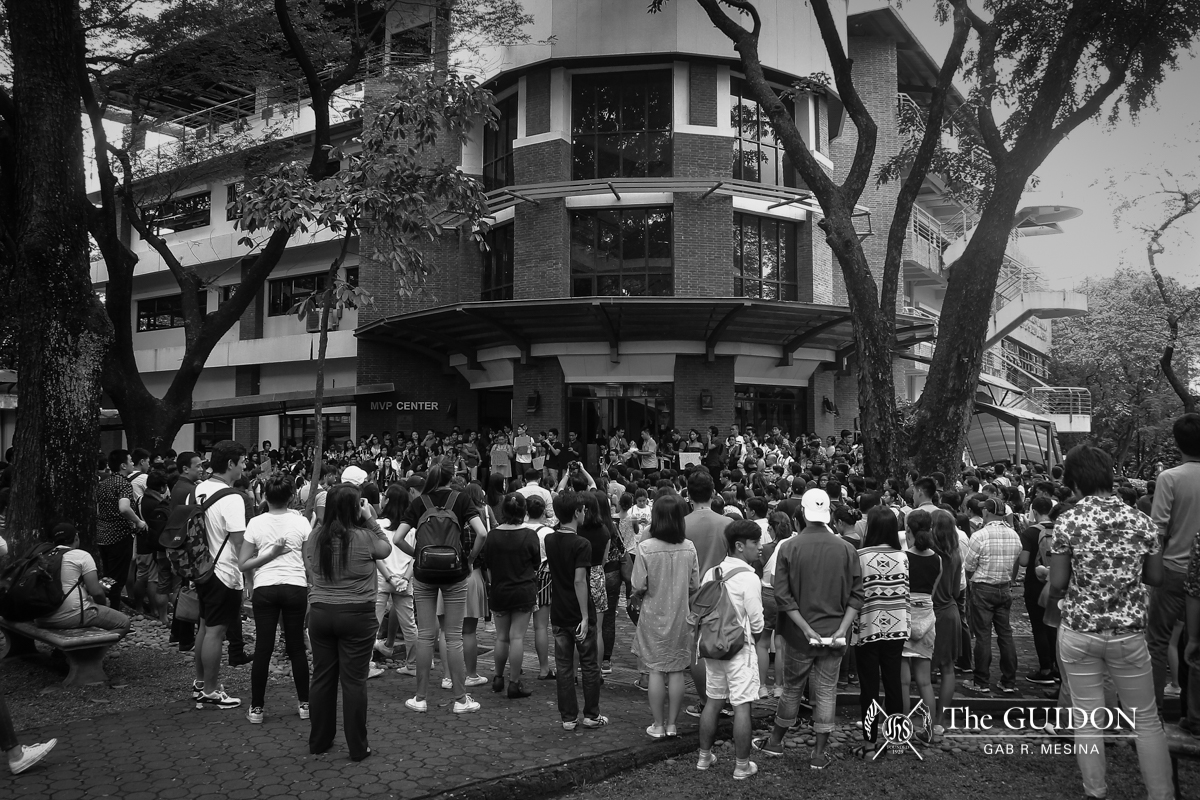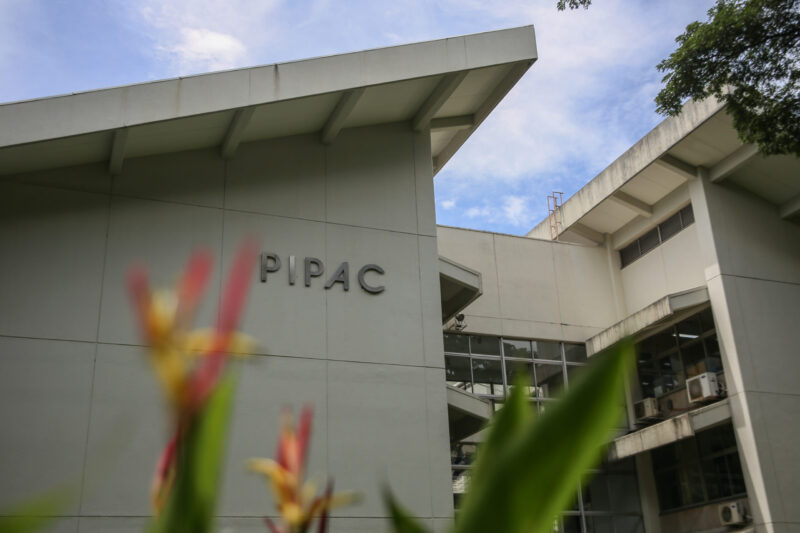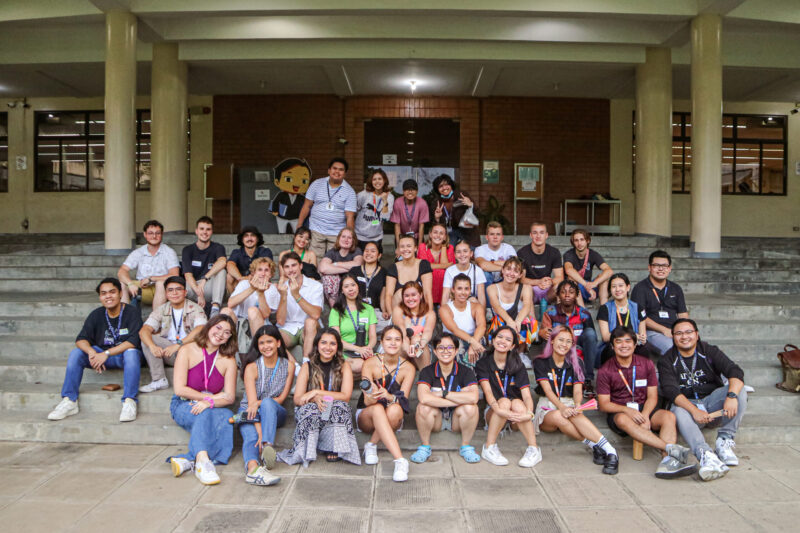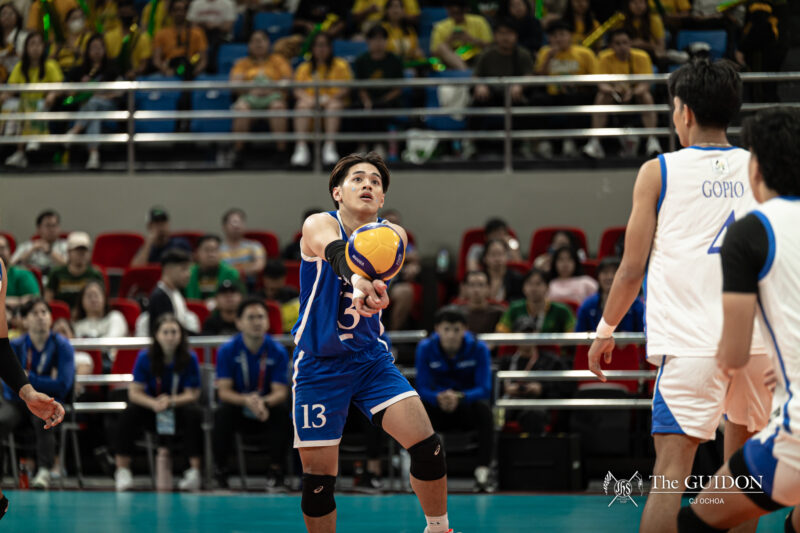JOSE CRUZ, SJ, is the prime instigator of all educational policies implemented by Marcos in the “new society.”
This is the conclusion arrived at by the Rebel Pandayan staff after gathering, collating, and verifying information received from reliable sources– teachers, students, and educators working with Cruz.
The Catholic Educational Association of the Philippines which had wanted the immediate resumption of classes had no choice but to work through Cruz, a close friend and former retreat master of Marcos.
Cruz practically runs the CEAP now by force of circumstance.
It was primarily Cruz’s idea that schools be allowed to reopen and that order of reopening be: grade schools first; high schools in the provinces next; medical, technical and graduate schools; and finally all the rest.
The guidelines under which colleges and universities may operate (Department of Education No. 30) were also the handiwork of the Ateneo president.
Cruz dissuaded Marcos from stationing uniformed and armed military men right within the campus. Their presence, according to Cruz, would not only antagonize the faculty and destroy the academic atmosphere but would also alienate or even inflame studentry.
As a substitute to overt military presence, Cruz suggested to Marcos that the school administrators themselves police the ranks of their respective academic communities. All “subversives” and their supporters would be dismissed after a summary of investigation.
Cruz gave an account of how his administration and that of Francisco Araneta, SJ, had suppressed activism in the Ateneo campus.
According to an unverified report, Marcos commended Curiz and even jokingly told him, “Nauna ka pa palang nag-declare ng martial law kaysa sa sakin.”
The Cruzian tactics of campus repression so impressed Marcos that they are now being used in other schools.
Among the tactics used before by the Ateneo administration and now being employed in other schools are: press suppression, censorship of materials for bulletin boards, limitation of the use of activity rooms, pre-censorship of convocations, system of trials of students, barring the university grounds, campus curfew, intimidation of parents of “troublemakers,” and others.
The Marcos-Cruz plan, however, allowed the employment of plain-clothesmen for intelligence or even arrests right inside the campuses. Their presence are now very much felt in schools and colleges.







